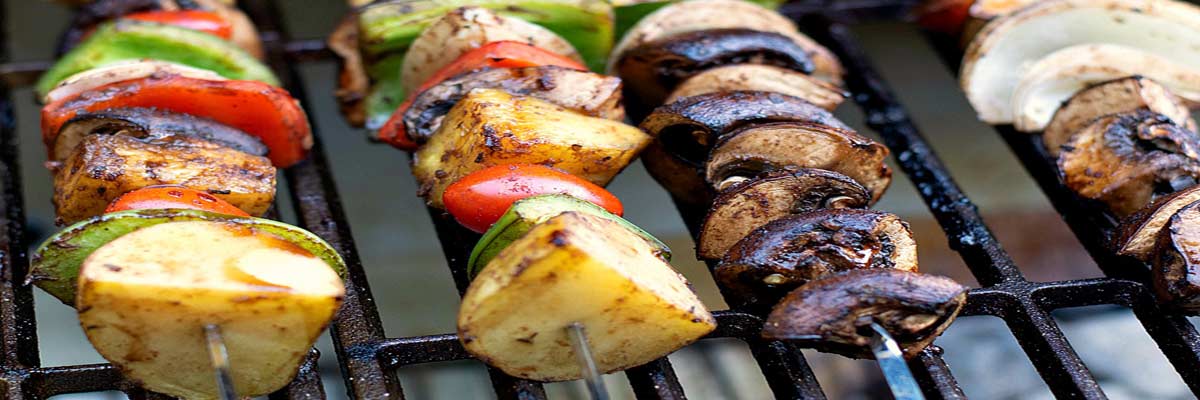Is It Organic? Where’s The Testing?
This is a guest post from Mischa Popoff who is an organic inspector. You can visit his site at Is It Organic. He raises some interesting points about the organic industry.
Organic food is better for you. Right? It’s more nutritious. It contains more vitamins, minerals and other good things like antioxidants, plus it’s fresher and tastier. Right?
Hold that thought.
Organic food is also more pure and natural. It contains far less harmful pesticide residues than conventional food. It’s also relatively free of herbicides, fungicides and other “cides” used extensively by conventional farmers. Right?
Again, hold that thought.
Perhaps best of all, organic agriculture uses natural sources for fertility like composted manure or clover plough-downs instead of synthetic ammonium nitrate. A whopping 50% of synthetic nitrates run off conventional fields into rivers and streams and end up in oceans where they cause algal blooms which are lethal to natural ecosystems. That in itself is reason enough for many consumers to pay healthy premiums for organic food. Right?
Yet again, hold that thought.
There are many good reasons why organic agriculture is supposed to be better for the environment and for your health. There are even some good studies that confirm, for the most part, many of the assumptions outlined above. But no one is bothering to prove whether the farm itself is organic in the first place.
Imagine how many world records would be broken at the Olympics if they quit testing athletes. Imagine if an athlete only needed a dated and signed list of all the things he ingested over the last four years to “prove” he was clean. See anything wrong with that? This is how the $46 billion organic industry runs. It’s a bureaucratized honor system with piles of paperwork that are somehow supposed to prove no one is cheating.
Feel better now?
Sure, organic farmers are probably an honest bunch. But why not test to make sure? I worked for five years across the continent as an Advanced Organic Inspector, and the overwhelming majority of the 500 farmers I inspected asked me that very question when I dropped by to look at their audit trail. Indeed, what’s the point of bothering to do studies to see how beneficial organic food might be if we don’t even know if it’s really organic in the first place?
With 80% of organic food being imported from places like China, Mexico, Brazil and Chile, you really have to wonder what steps are being taken to ensure full compliance with organic standards.
The problem lies with the ever-expanding matrix of players between the farmer and the consumer: private and state certifiers, federal regulators, review committees, sub-committees, local chapters, inspector review boards, international policy boards, accreditation committees, technical committees, and so on. Then there are all the broker/traders, wholesalers and retailers who bring organic food to the store shelf. None of them are about to jeopardize their revenue streams by demanding once-annual tests of organic farms. Indeed, 80% of their business relies on cheap imports.
Governments consulted with all of these players to come up with national organic standards, but forgot to ask farmers and consumers what they thought. The result is the biggest “feel good” system ever devised; a system which fails to promote sustainability and doesn’t even begin to promote soil fertility, purity or nutrition. There’s no effort to stamp out fraud and negligence, or to improve what it means to be organic.
“Adequate” hardly begins to describe it, and you’re paying for it whenever you and your family fill up on organic groceries.
About the author
After graduating from university, Mischa Popoff worked for five years as an Advance Organic Inspector in the United States and Canada. He performed over 500 inspections and saw fraud and negligence but was powerless to do anything about it under the current system. He runs the world’s first organic crop and livestock testing company with his wife Sherry who has degrees in mathematics and business. Their website is http://www.isitorganic.ca.






